Introduction: The Soap We Use Matters
Think about your morning routine. You roll out of bed, stumble into the bathroom, and reach for your bar of soap. It’s such an ordinary ritual that you probably don’t give it much thought. Yet, what if I told you that the soap you use could be silently affecting your skin, your health, and even the environment around you? That’s why choosing natural soap for skin health is more than just a lifestyle choice—it’s an investment in your well-being and the planet.
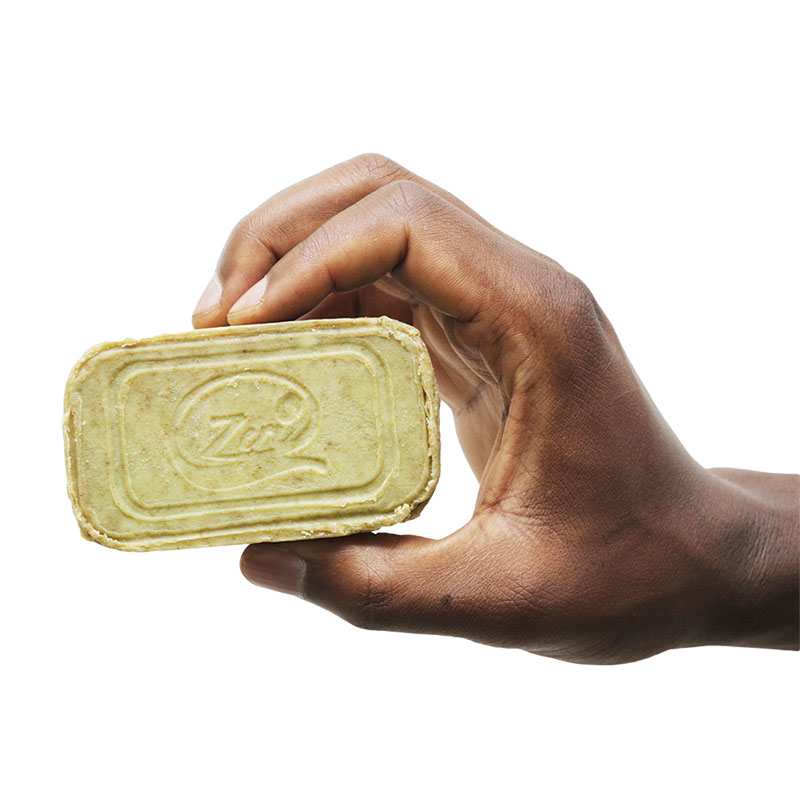
It’s easy to assume that all soap is the same, but it isn’t. Many commercial soaps are filled with harsh detergents, artificial colors, and chemical fragrances that strip away your skin’s natural oils. Over time, this can lead to dryness, irritation, uneven skin tone, stubborn blemishes, premature aging, and worsening conditions like acne or psoriasis.
On the other hand, natural soap, made with plant-based oils and herbs, doesn’t just cleanse—it nourishes, heals, and protects. When you pick up a bar enriched with lemongrass, rosemary, tea tree, moringa, stinging nettle, or neem, you’re choosing skincare that’s as close to nature as possible. These ingredients have been trusted for centuries for their soothing, antibacterial, and rejuvenating properties.
And here’s the best part: by using natural soap, you’re not only caring for your skin—you’re also protecting your overall health and reducing your footprint on the planet. It’s one small choice with far-reaching benefits.
The Hidden Dangers of Commercial Soap
When you walk down the soap aisle in a supermarket, the choices seem endless: bars promising brightening, whitening, freshness, or exotic scents. But behind those glossy promises often lies a less-than-glamorous truth.
Here are some common ingredients found in mass-produced soaps and what they really do:
- Sodium Lauryl Sulfate (SLS) – Creates the bubbly lather but aggressively strips away natural oils, leaving your skin dry and itchy.
- Parabens – Synthetic preservatives that extend shelf life but have been linked to hormone disruption.
- Synthetic Fragrance – A single “fragrance” label can hide dozens of chemicals, some of which trigger allergies and skin irritation.
- Triclosan – Used in antibacterial soaps, but studies show it contributes to antibiotic resistance and can harm aquatic ecosystems.
- Petroleum by-products – Cheap fillers that clog pores and provide no nutritional value for your skin.
According to the Environmental Working Group (EWG), long-term exposure to these chemicals may not only harm your skin but also contribute to deeper health concerns. Worse, when you rinse them down the drain, they end up polluting rivers and affecting aquatic life.
In other words, commercial soap often focuses on profit and mass production—not your skin’s well-being.
Why Natural Soap is Kinder to Your Skin
Natural soap, on the other hand, is made through a process called saponification—blending natural fats or oils with an alkali to create a gentle, moisturizing cleanser. Instead of chemical foaming agents or synthetic fragrances, natural soap relies on essential oils, herbs and botanicals to provide skin benefits.
1. Balancing Skin Tone
Uneven skin tone is a common frustration. Harsh soaps often make it worse by inflaming skin and causing patches of dryness. Ingredients like moringa and stinging nettle in natural soaps calm inflammation, fade blemishes, and promote an even complexion. Over time, your skin looks brighter and more balanced.
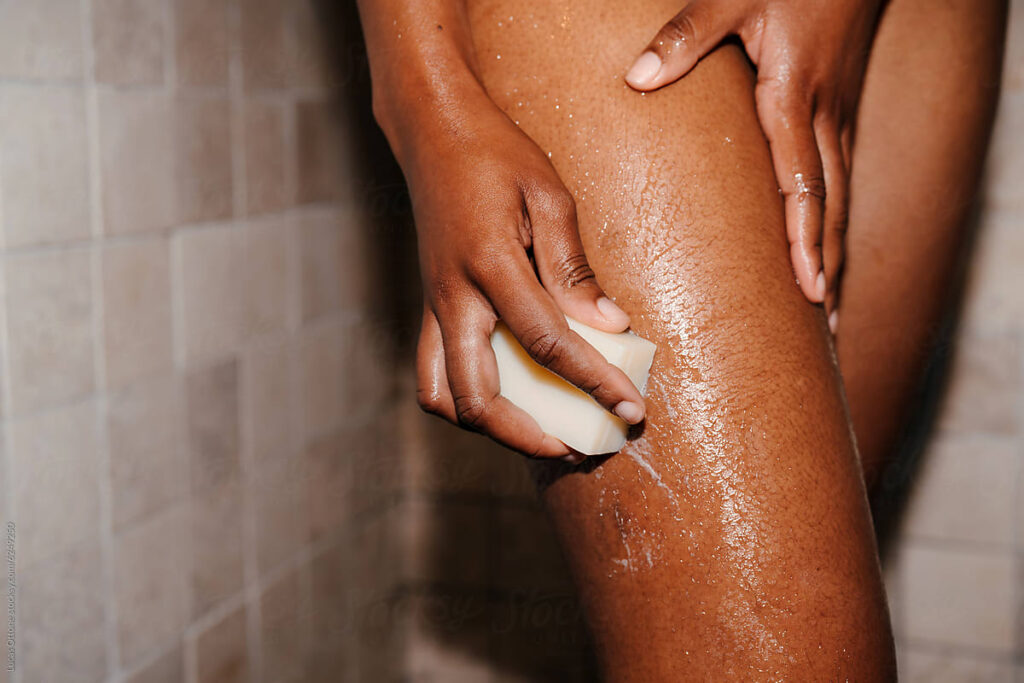
2. Reducing Blemishes
Stubborn blemishes and acne scars thrive when your skin is irritated or clogged. Natural soap with tea tree or neem helps gently fight bacteria while reducing redness and swelling. Instead of leaving your skin stripped, it nurtures healing.
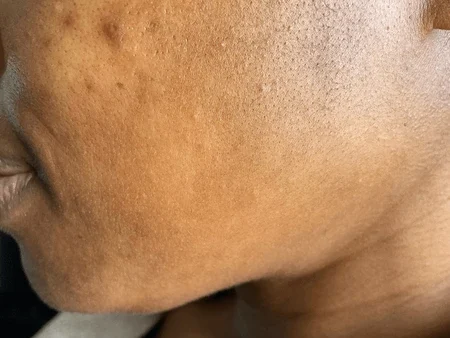
3. Gentle Care for Skin Conditions
People with psoriasis, eczema, or sensitive skin often dread showering because harsh soaps worsen flare-ups. Natural soap enriched with rosemary or lemongrass cleanses without stripping protective oils, providing relief instead of irritation.
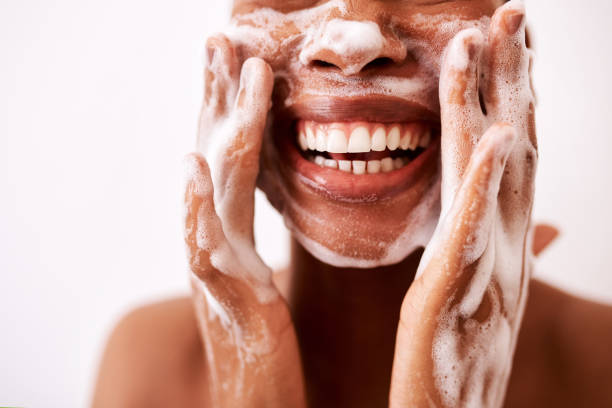
Want more tips on managing blemishes naturally? Read our guide on how to naturally take care of skin blemishes.
Ingredient Spotlight: Nature’s Healing Herbs
Let’s take a closer look at the powerhouse herbs that make natural soap so effective.
Neem
Known as the “village pharmacy” in Ayurveda, neem is antibacterial, antifungal, and antiviral. It soothes inflamed skin, clears acne, and reduces itching caused by psoriasis or eczema.

Moringa
Rich in vitamins A and E, moringa promotes collagen production, slows down aging, and helps fade dark spots. Its antioxidants protect against free radical damage, keeping skin youthful.
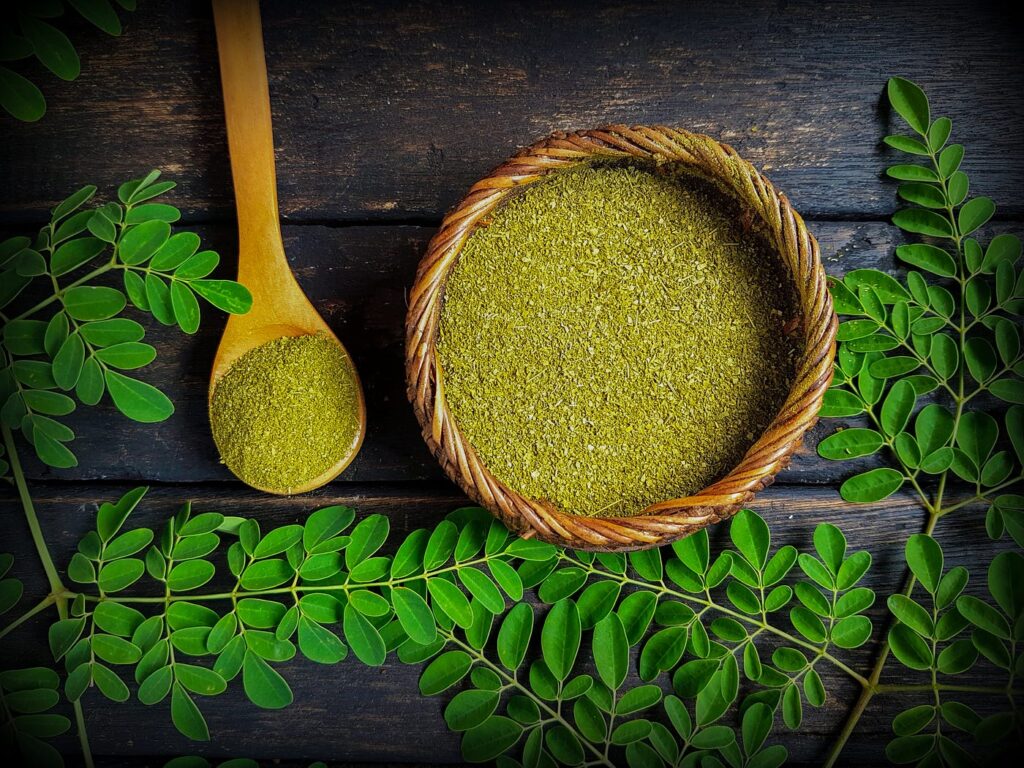
Stinging Nettle
Don’t be fooled by its prickly name—nettle is a skin savior. It’s packed with chlorophyll and minerals that reduce inflammation, balance oil, and calm irritated skin.

Tea Tree
Tea tree oil is nature’s answer to acne. It kills bacteria that cause breakouts while reducing swelling and redness.

Lemongrass
This refreshing herb tightens pores, balances oily skin, and gives soap a clean, uplifting scent. It also has mild antiseptic properties, keeping skin fresh and clear.
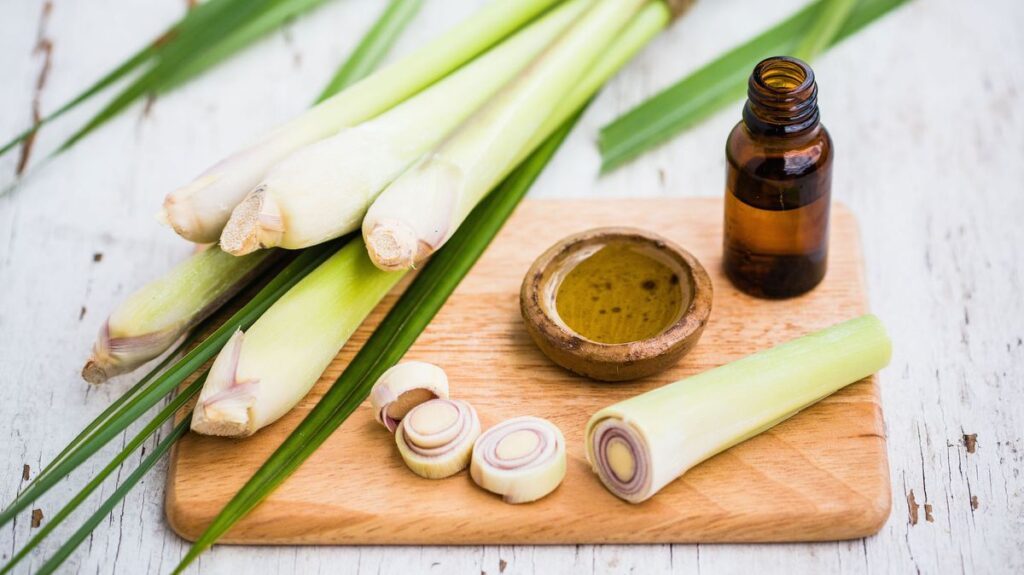
Rosemary
A natural antioxidant and anti-inflammatory, rosemary protects against environmental stress, improves circulation, and supports cell renewal—slowing visible signs of aging.
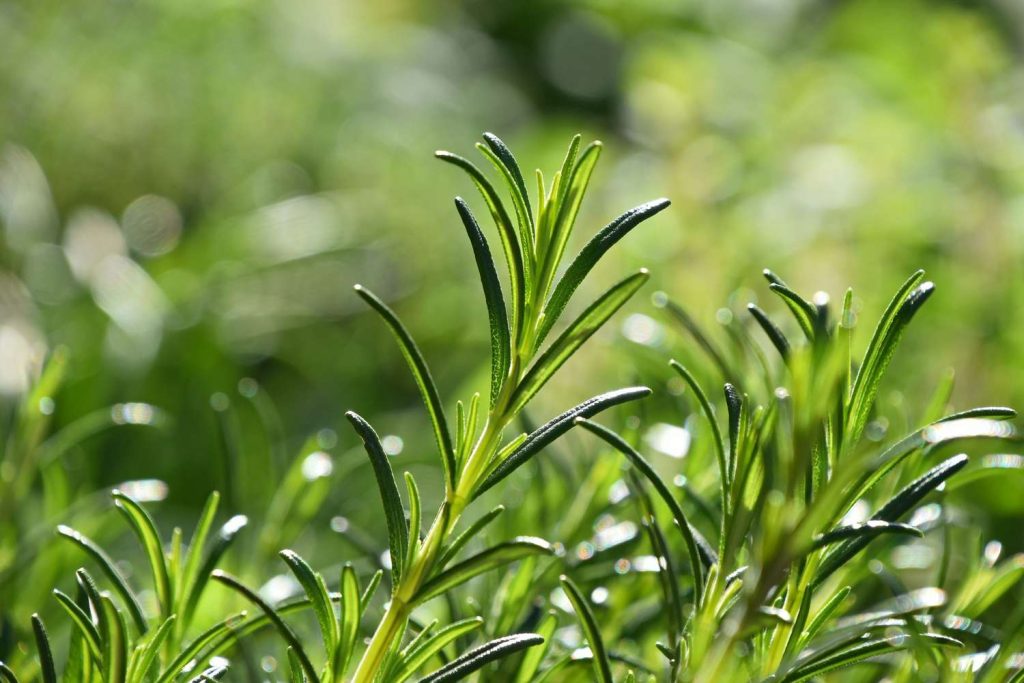
According to Healthline, these botanicals have been used for centuries across cultures for their healing properties—and they’re just as relevant today.
Natural Soap and Aging Gracefully
Aging is inevitable, but premature aging doesn’t have to be. Many commercial soaps speed up skin decline by stripping oils and exposing you to toxins.
Natural soap, however, works in harmony with your skin. Antioxidants in moringa, rosemary, and neem protect against free radical damage, while oils like coconut and shea butter hydrate deeply. The result? Softer, more elastic skin that resists fine lines and wrinkles.
This is another reason why so many people are making the switch to natural soap for skin health—because it nurtures beauty and resilience from the inside out.
Eco-Friendly Beauty: Protecting the Environment
The benefits of natural soap extend far beyond your bathroom. They ripple into the world around you.
- Biodegradable: Natural soaps break down safely without leaving toxic residue in waterways.
- Plastic-free packaging: Many artisanal brands (like Gibeon Soaper) use recyclable or compostable wrapping.
- Sustainable sourcing: Ingredients like moringa or neem are often locally sourced, supporting farmers and reducing transport emissions.
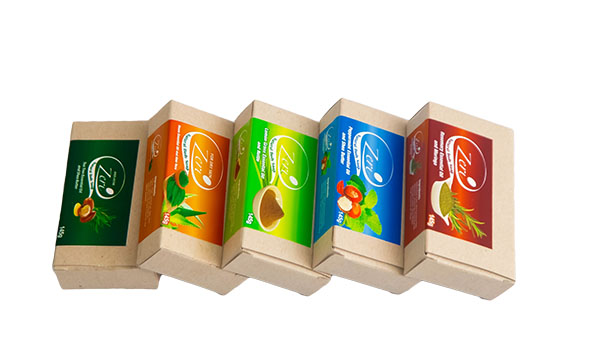
In contrast, synthetic soaps contribute to water pollution and plastic waste. According to the United Nations Environment Programme (UNEP), plastic packaging and chemical runoff are among the biggest threats to marine life. By choosing natural soap, you take a small but meaningful step toward sustainable living.
How to Choose the Right Natural Soap for Skin Health
With so many options, how do you pick the right bar?
- For oily or acne-prone skin: Look for tea tree, neem, or lemongrass.
- For dry skin: Choose moisturizing bases with moringa, nettle, or shea butter.
- For sensitive skin or psoriasis: Go for gentle, unscented soaps with rosemary or nettle.
- For anti-aging: Opt for moringa and rosemary, rich in antioxidants.
Explore our full range of natural soaps at Gibeon Soaper to find one that suits your needs.
Making Natural Soap Part of Everyday Life
Switching to natural soap is simple, and the benefits are worth it. Here’s how to make it part of your routine:
- Start with one bar: Choose a versatile soap like tea tree or lemongrass and notice the difference.
- Use it everywhere: Natural soap is safe for face, body, and even kids’ delicate skin.
- Pair it with natural moisturizer: After washing, apply shea butter or coconut oil to lock in hydration.
- Gift it to others: Share the goodness—natural soap makes thoughtful, eco-friendly gifts.
Within weeks, you’ll likely notice fewer blemishes, a more even skin tone, and skin that feels healthier after every wash.
FAQs About Natural Soap
1. Does natural soap really help with acne?
Yes! Soaps with tea tree, neem, or lemongrass naturally reduce bacteria and inflammation, making them effective for managing acne without harsh chemicals.
2. Is natural soap safe for children?
Absolutely. Because it lacks harsh detergents, natural soap is gentle enough for babies and children. Opt for unscented or mild herbal options.
3. Will natural soap lighten my skin tone?
Natural soap won’t bleach your skin, but it can even out your skin tone by fading blemishes and calming inflammation, giving your skin a radiant glow.
4. Why is natural soap more expensive?
It’s made with high-quality oils and herbs instead of cheap fillers. However, it often lasts longer and provides health benefits, making it cost-effective in the long run.
5. Is natural soap better for the environment?
Yes! Natural soap is biodegradable and eco-friendly, unlike synthetic soaps that pollute waterways and rely on plastic packaging.
Conclusion: A Simple Switch for Skin, Health and Earth
In a world filled with synthetic products, making small, conscious choices can have big effects. Choosing natural soap for skin health is one of the simplest yet most impactful decisions you can make.
It protects your skin, supports overall health, slows down aging, and nurtures the planet. With ingredients like lemongrass, rosemary, tea tree, moringa, stinging nettle, and neem, natural soap doesn’t just clean—it heals, nourishes, and sustains.
So the next time you pick up a bar of soap, think beyond the bubbles. Think about your skin’s future, your health, and the earth beneath your feet. One small bar of natural soap could be the beginning of a healthier, more sustainable journey—for you and the world around you.
